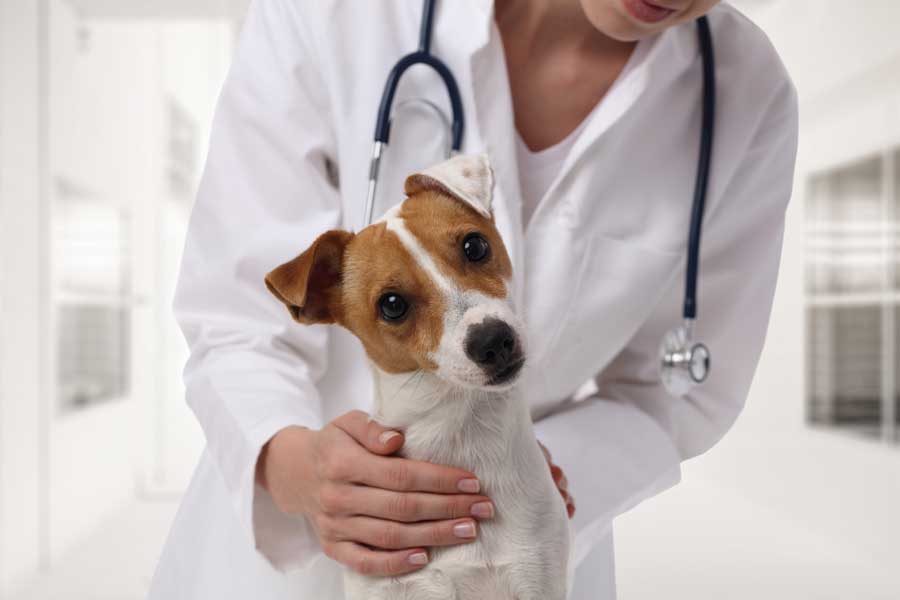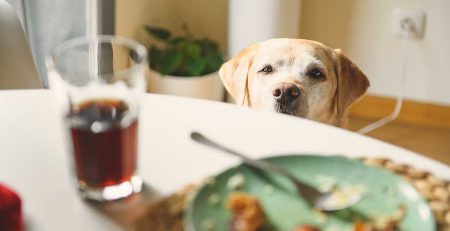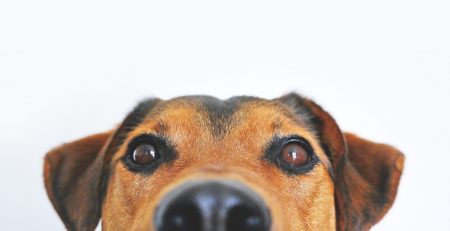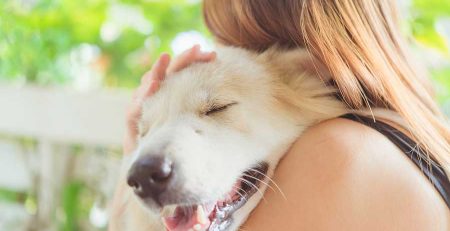Puppy Shots: A Guide to Your Puppy’s Vaccinations and Shot Schedule
There’s no better feeling in the world than bringing home a new, itty bitty puppy. Instantly, you know that that puppy is going to rely on you for absolutely everything from breakfast to bathroom breaks.
It’s lots of fun to show your new puppy around their new home and introduce them to a world of yummy treats, but being a puppy owner is so much more than that. You’ll need to take full responsibility for the things that aren’t so fun, like keeping your shoes on the top shelf to avoid total destruction or taking them to routine vet visits.
Vet visits are particularly important during the first year because you’ll want to start vaccinating as soon as possible.
But, what kind of puppy shots do you actually need? We’ve put together a guide to give you a glimpse at what your first year of puppy shots is going to look like.
Read on.
When Your Puppy is 6-8 Weeks
Most (responsible) people won’t allow puppies to be adopted until they’re at least 6 to 8 weeks old. This is to give the puppy adequate time to nurse and wean.
When a newborn puppy is nursing, its mother’s milk provides lots of bacteria-fighting antibiotics to keep the new baby safe. When the puppy stops nursing and is fully weaned they lose all of mom’s antibodies and need to start creating their own. This is why it’s so important to start vaccines right around six weeks.
The following vaccines are recommended for puppies ages 6 to 8 weeks:
Distemper Virus
Distemper is a potentially deadly disease that is transmitted through dogs, raccoons, foxes, and coyotes. Symptoms begin with respiratory distress and can quickly turn into seizures, diarrhea, vomiting, and even death.
Adenovirus
Sometimes known as canine hepatitis, adenovirus is transmitted through urine. It is highly contagious and affects the liver, kidneys, spleen, eyes, and lungs. There is no cure for adenovirus, so it’s very important to vaccinate your puppy.
Parainfluenza Virus
One of the top contributors to kennel cough, parainfluenza leads to respiratory distress. The virus is spread when nasal secretions of other dogs are inhaled.
If parainfluenza leads to kennel cough, your pet may experience irritation of the airway, causing mild to severe coughing, and in rare cases, death.
Parvo Virus
Parvo is a severe virus that can occur in all ages, however young puppies who are unvaccinated are at the greatest risk. This virus is spread through contaminated feces and attacks the digestive and immune system. There is no cure for Parvo, and the death rate is extremely high, especially in young puppies.
Leptospirosis
Leptospirosis (Lepto for short) is a bacterial disease that attacks the liver and kidneys. This is a zoonotic disease, meaning it can be spread from animals to people.
Symptoms of Lepto can lay dormant for some time, but when symptoms do occur they typically present as fever, vomiting, pain, lethargy, and kidney failure.
When Your Puppy is 12-15 Weeks
Once your puppy starts growing a little bit bigger than a little bit stronger they can handle stronger vaccines, and will likely need them, too.
The following vaccines are recommended for puppies ages 12 to 15 weeks:
Corona Virus
The Corona virus is highly contagious and attacks the intestinal tract. Symptoms can include nausea, vomiting, diarrhea, and loss of appetite. There are no drugs that can kill the virus, however, vets can offer symptom relief.
Bordetella
Bordetella is another cause of kennel cough. It is a bacterial infection that is highly resistant to antibiotics, making it very difficult to treat. The infection is transmitted through air and direct contact.
Canine Influenza H3N2 & H3N8
H3N2 and H3N8 are two strains of dog flu that are highly contagious and cause serious respiratory distress. Puppies should be vaccinated against both strains to be fully protected.
Rabies Virus 1st Year
The rabies vaccine is required by law in most areas. Rabies attacks the central nervous system, causing symptoms of headache, anxiety, excessive drooling, hallucinations, and fear of water. Rabies is most often transmitted from an animal who already has the virus. This is a deadly disease that is easily transmitted to humans.
Frequently Asked Questions
We understand, you want to make sure you’re giving your puppy 100%. You’re ready to give them all the best care, but you might still have some questions.
Check out some of these frequently asked questions and answers:
Do Puppy Vaccinations Have Side Effects?
The short answer is yes, but only sometimes.
It’s the same idea as when people get the flu shot. For some, the influenza vaccine can make them feel drowsy or even a little bit sick, but for others, the vaccine has no side effects. This is because your immune system is unique and customized to you, and while similar to the general public, it may react differently to potential irritants.
Fun Tip: this is why people experience allergies to different products.
Always ask your vet about potential side effects for each vaccine, as they will vary. It’s important to keep a close eye on your puppy for the first 24 hours after any new vaccine, as they may have a reaction to it.
Call your vet immediately if you notice severe or uncommon side effects.
When Can I Take My Puppy Outside?
You’ve probably heard that it’s not safe to take your puppy outside until they’ve had a full course of vaccinations run through their body. While this is true, it doesn’t mean your puppy can’t go pee in the grass. It’s more referring to letting your puppy socialize with other animals.
It’s important to keep your puppy away from as many new things as possible until they’ve had their vaccines.
How Can I Safely Socialize My Unvaccinated Puppy?
Of course, the first few weeks of your puppy’s life are crucial to their development, social development included.
Keeping your puppy locked up for too long without allowing them to socialize can create behavioral problems later in life.
One way that most vets agree is safe for socializing is to carry your puppy around with you. By not letting him touch the ground, you’re keeping them as far away from bacteria and disease as possible.
You can also encourage friends and family to come into your home and visit, but we recommend leaving shoes at the door (outside of chewing range!)
Ask Your Vet About Scheduling Puppy Shots
As soon as your puppy comes home, it’s time to start thinking about scheduling your first set of puppy shots. It’s never too early to give your vet a call and discuss scheduling.
For more ways to help you and your puppy live your best lives, browse through the rest of our site.









